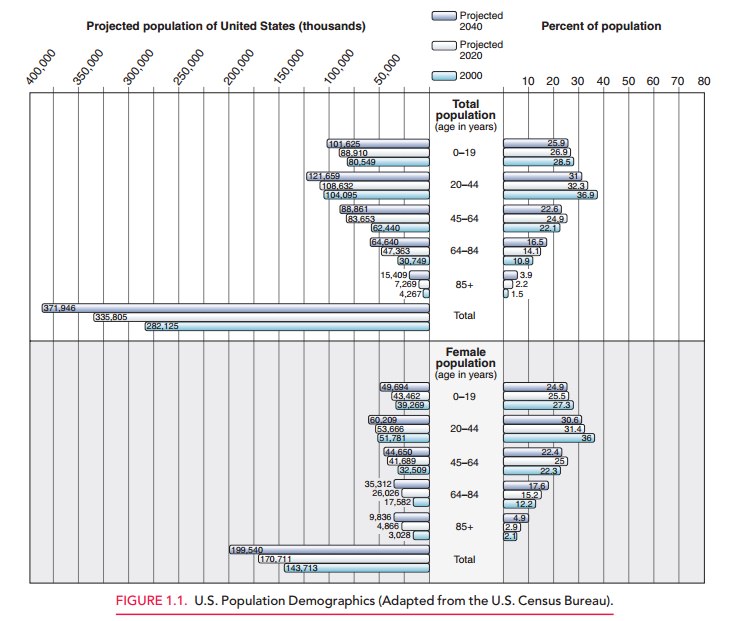Chapter: Obstetrics and Gynecology: The Woman’s Health Examination
The Woman’s Health Examination
The Woman’s Health
Examination
Obstetrics
was originally a separate branch of medicine, andgynecology
was a division of surgery.
Knowledge of the pathophysiology
of the female reproductive tract led to a natural integration of these two
areas, and obstetrics and gynecology merged into a single specialty.
Obstetricians can now undergo further training in maternal fetal medicine,
which deals with high-risk pregnancies and prenatal diagnosis. Likewise, gynecology nowincludes general
gynecology (which deals with nonmalignant dis-orders of the reproductive tract
and associated organ systems, family planning, and preconception care),
gynecologic oncology, reproductive endocrinology–infertility, and pelvic
reconstructive surgery and urogynecology. These areas constitute the
major-ity of the requisite knowledge and skills expected of the fully trained obstetrician–gynecologist specialist.
Currently, many
obstetrician–gynecologists also pro-vide complete care for women throughout
their lives. Obstetrician–gynecologists should have additional knowl-edge and
skills in primary and preventive health care needs of women, and be able to
identify situations in which to refer patients to specialists.
Obstetrician–gynecologists must be able to establish a professional
relationship with patients and be able to perform a general and woman’s health
history, review of systems, and physical examination. Finally, as with all
physicians, obstetrician–gynaecologists must fully understand the concepts of
evidence-based med-icine and incorporate them into their scholarship and
prac-tice in the context of a well-established pattern of lifelong learning and
self-evaluation.
The demographics of women in the
United States are undergoing profound change. A woman born today will live 81
or more years, experiencing menopause at 51 to 52 years of age. Unlike previous generations, they will spend
more thanone-third of their lives in menopause. The absolute number andthe
proportion of all women over the age of 65 are projected to increase steadily
through 2040 (Fig. 1.1). These women will expect to remain healthy (physically,
intellectually, and sexually) throughout menopause. Health care providers must
keep the needs of this changing population in mind in their practice of
medicine, especially in the provision of pri-mary and preventive care.

Related Topics